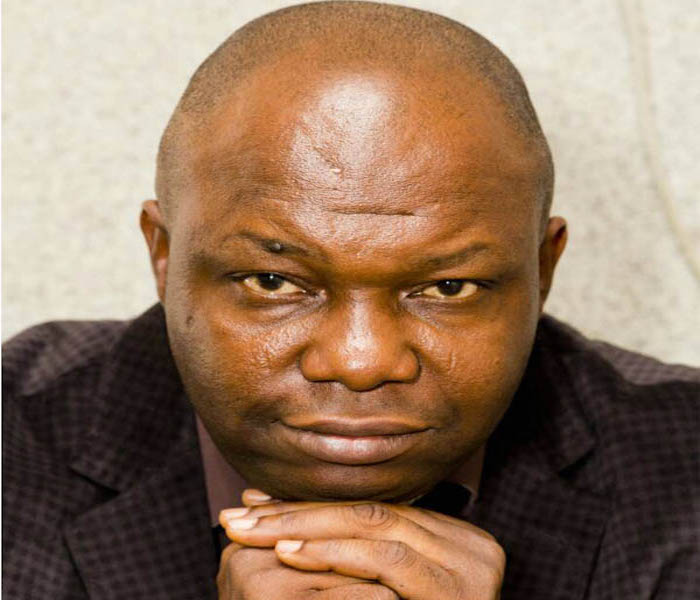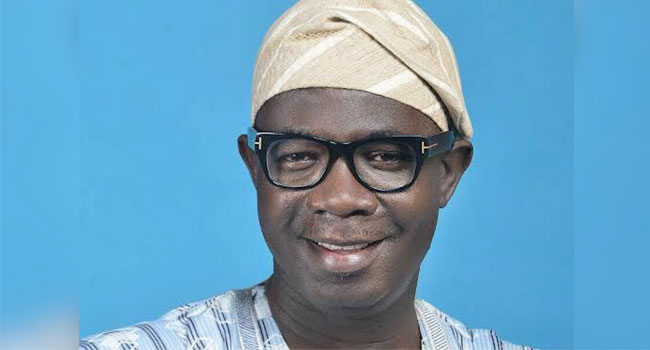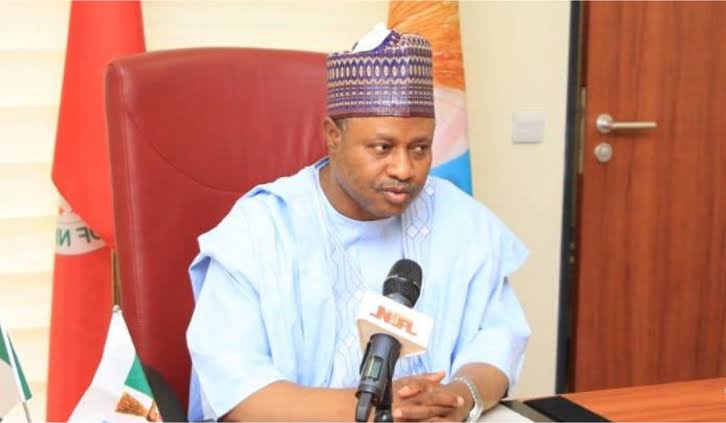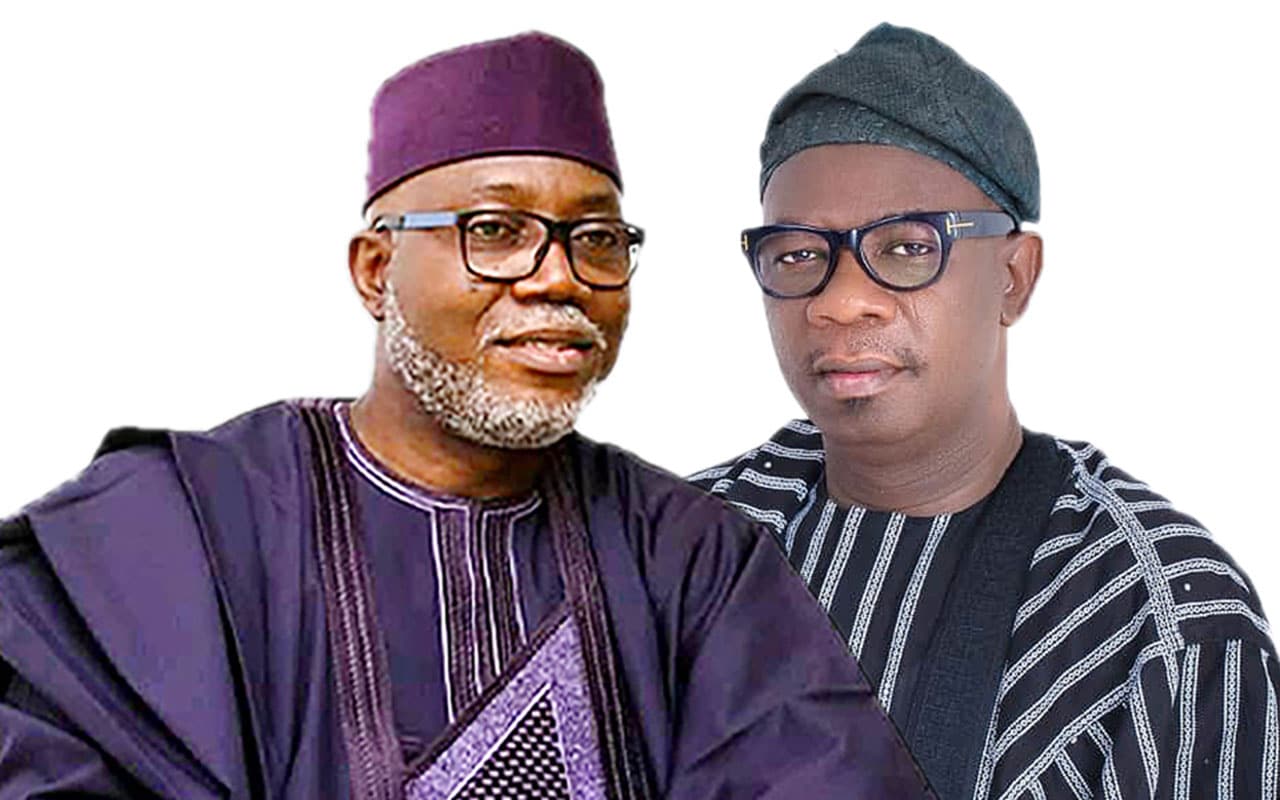President Bola Tinubu says the Economic Community of West African States will continue to persuade the military leaders of Niger, Mali, and Burkina Faso to return their nations to the fold.
“We will do everything to offer a hand of friendship to them and give them reasons to come back to us,” Tinubu, who chairs the ECOWAS Authority of Heads of State and Government, reaffirmed at a meeting with ECOWAS Chiefs of Defence Staff on Friday in Abuja.
Special Adviser to the President on Media and Publicity, Ajuri Ngelale, revealed the outcome of the meeting in a statement he signed Friday evening titled ‘ECOWAS’ hand of friendship still open to Niger, Mali, And Burkina Faso, says President Tinubu.’
Tinubu’s comments come nearly three weeks after he hinted at plans for a special extraordinary session to discuss the future of the economic bloc.
The president, who spoke at the Sixth Mid-Year Coordination Meeting of the African Union in Accra, Ghana, on July 21, did not state the date of the meeting.
However, he said leaders will discuss ongoing talks with the estranged member states.
Tinubu was re-elected for another one-year tenure as ECOWAS Chairman at the 65th Ordinary Session of the Authority held at the State House, Abuja, on July 7.
After his mandate was renewed, the Nigerian leader appointed his Senegalese and Togolese counterparts, Bassirou Faye and Faure Gnassingbé, respectively, to lead ECOWAS’ mediation efforts with Niger, Mali and Burkina Faso.
The civilian governments in Burkina Faso and Mali and Niger fell to military control in May 2021, September 2022 and July 2023, respectively.
Consequently, the ECOWAS announced economic sanctions that isolated the three states alongside Guinea, where the military took over since September 2021.
Although ECOWAS later agreed to lift some economic and travel sanctions in February, the junta-led states maintained their stance to exit the union.
On July 6, Niger’s General Abdourahmane Tchiani, Burkina Faso’s Captain Ibrahim Traore, and Mali’s Colonel Assimi Goita signed a confederation treaty which, they said, would strengthen a mutual defence pact announced last September, the Alliance of Sahel States.
Nonetheless, the ECOWAS says it is still championing efforts towards reintegrating the sister states into the nearly 50-year-old bloc.
Speaking on Friday, Tinubu said, “It is in our hearts to make sure that security is enhanced and that constitutional government is defended and promoted in our region.
“It has been a challenging tenure for me since three members indicated their exit. We will work hard to persuade them to return, whichever way.
“No one man is smarter than the group of heads that is here.”
The ECOWAS Chairman commended the defence chiefs for their commitment to regional stability and protection of constitutional governance.
He also affirmed the commitment of member states to invest in its $2.6bn Standby Force, describing the initiative as the solution to terrorism in the Sahel.
“The solution to terrorism and other challenges lies in our hands. We have to do it together. The ECOWAS standby force must be ready.
“We will continue to invest in this, as well as in the economic prosperity and opportunities across our region,” President Tinubu said.
In his remarks, the Chairman ECOWAS Chiefs of Defence Staff, General Christopher Musa, informed the President that the defence chiefs had agreed that challenges in the region, such as insurgency and unconstitutional changes in government, must be addressed collectively.
Musa said discussions at the meeting also focused on enhancing the capacity of the ECOWAS military component, including the proposed standby force.
He announced that a decision had been made to deploy 1,200 troops to Sierra Leone, with countries making pledges to support this effort.
“We are aware that the ECOWAS ministers of finance will meet to discuss the issue of funding, which is another very critical aspect. We also looked at the issue of logistics,” he said.
Highlighting the balance between military efforts and the political components of good governance, peace and security as essential for achieving long-term stability, General Musa pledged the commitment of the defence chiefs to work in unison to ensure the security and safety of the West African sub-region.

 3 months ago
112
3 months ago
112















 English (US) ·
English (US) ·